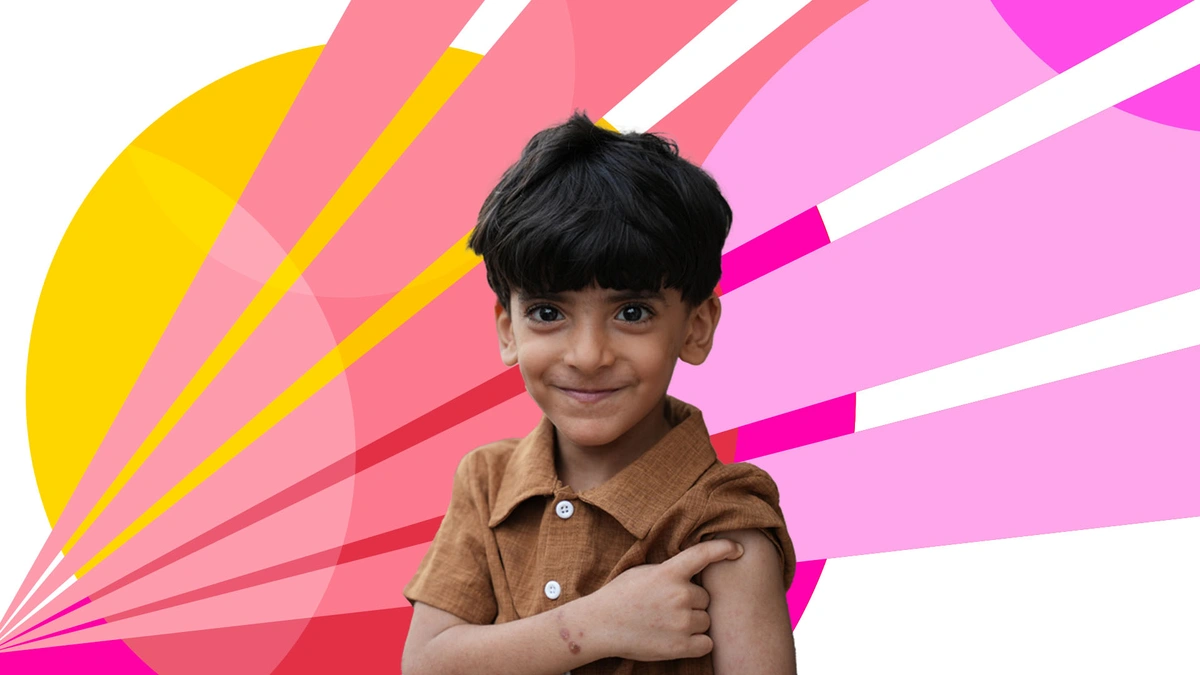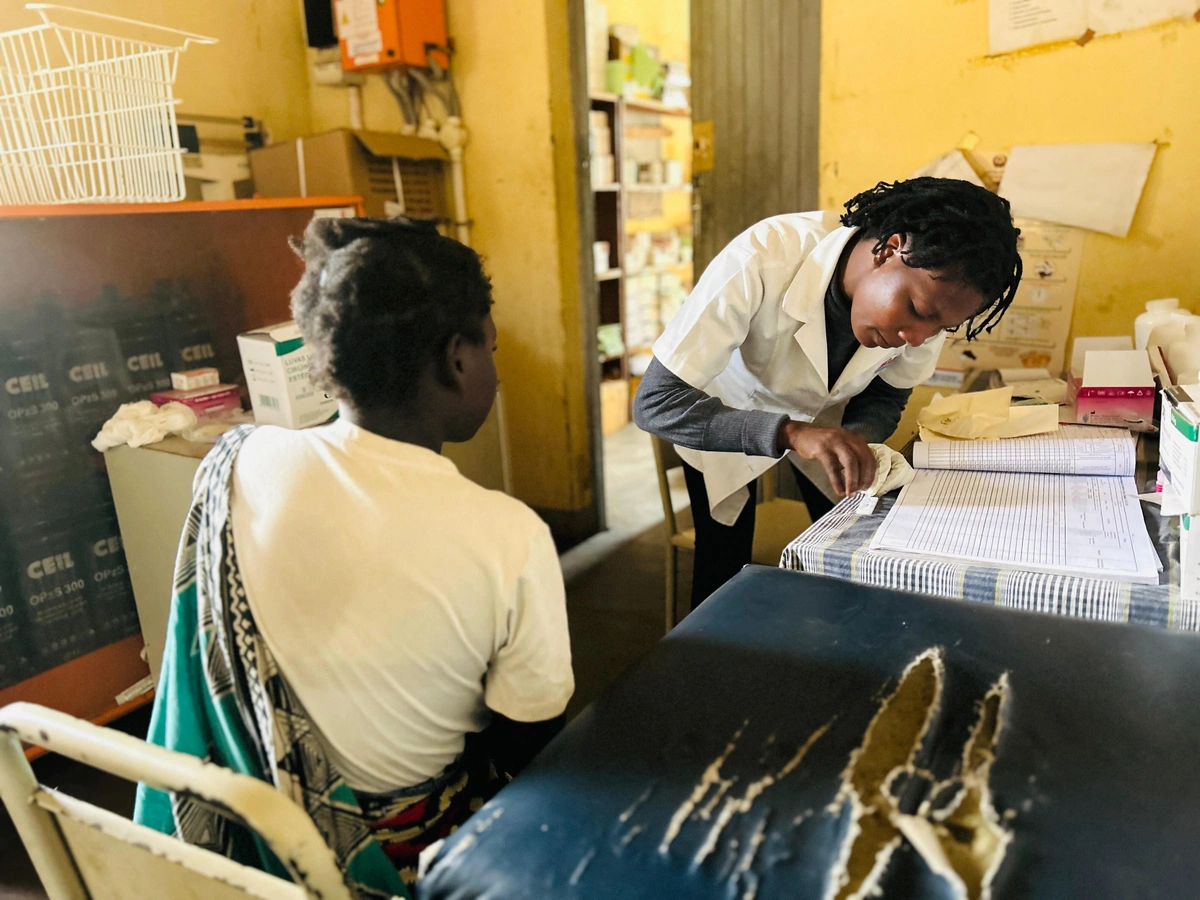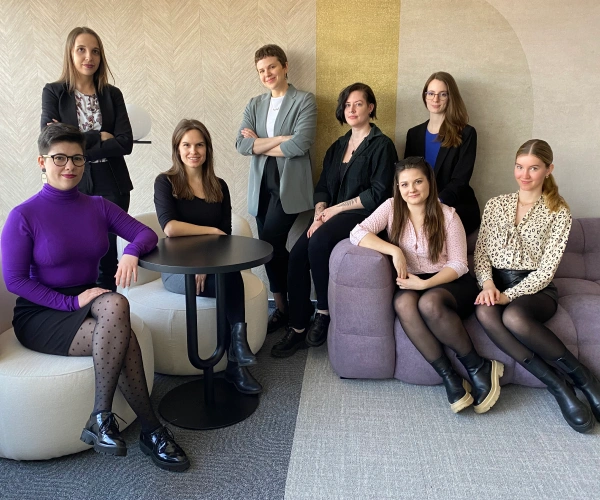
As we mark World Immunization Week 2025, this year's banner, Immunization for All is Humanly Possible, isn't just a rallying cry. It's a global commitment that's more important than ever.
Over the last 50 years, vaccines have saved 154 million lives. That's six lives a minute, every day, for five decades.
But staggering as those numbers are, they don't capture the magic of what we've seen in reality – a mother in Chad overjoyed that her child can finally access routine immunisation; a health worker in Afghanistan relieved that they have vaccines to protect children through the brutal winter thanks to improved planning and logistics; or a young mother in Ethiopia whose colourful bracelet reminded her to complete her child's vaccine schedule on time.
At Acasus, we partner with governments, UN organisations, CSOs and frontline teams in some of the most challenging settings in countries including Afghanistan, Chad, the DRC, Ethiopia, Mozambique, Nigeria, Pakistan, and Somalia. At the heart of our work is a single goal: to empower local leaders with sharper data, smarter tools, and practical problem-solving approaches to strengthen health systems – enabling them to deliver vaccines and other primary health care services consistently, equitably, and at scale.
In Mozambique, expanding the use of a supervision app from just four to all 11 provinces led to a dramatic drop in vaccine stockouts at health facilities – from over 50% to just 10% – in less than a year. That goes beyond the use of data and technology. It means a child receiving a life-saving vaccine dose instead of being turned away.
In Balochistan, Pakistan, where immunisation rates have long lagged behind, we helped roll out a digital tracking system that increased outreach coverage from below 30% to almost 50% in a matter of months. This was transformational in a region where terrain and access issues meant that most children were routinely missed. This has saved lives.
In Ethiopia, we have seen how something as simple as a bracelet – a practical reminder tool made from beads and worn by mothers – can reduce vaccine dropouts from an average of over 65%, down to 5%. Innovation doesn't have to mean complexity. Sometimes, it's just about listening deeply, understanding local contexts, and designing practical tools that meet needs in everyday life.
A lady health worker in Mozambique collecting measles samples to support vaccination efforts in the country.
I've worked in immunisation for most of the past 30 years. That experience combined with the progress that we're now seeing on the ground, makes me believe – more than ever – that we can go even further. We do have the knowledge, tools and approaches to reach the 14.5 million children who have never received a single dose. We can also protect communities from deadly outbreaks of measles, pregnant women from tetanus, and young girls from HPV.
But we can't take progress for granted. Gains that the immunisation community has fought so hard for, including the near-eradication of polio and high coverage of measles vaccines – are now more fragile than ever. As we reach the midpoint of the Immunization Agenda 2030 in a political landscape that has shifted dramatically, one thing is clear: the future of immunisation depends on renewed commitment, increased equity, and brave change.
Brave change means investing in tools and data systems that work. It means empowering local leaders with the confidence, tools and insights they need. It means refusing to accept that some children will always be missed – and building robust 'fit for purpose' systems that ensure they are not.
At Acasus, we're proud to be part of this global movement: turning vaccines into vaccinations, data into action, and potential into lasting protection.
When we say Immunization for All is Humanly Possible, we're not just making a promise. We're describing a reality that's already unfolding, one brave decision at a time.



